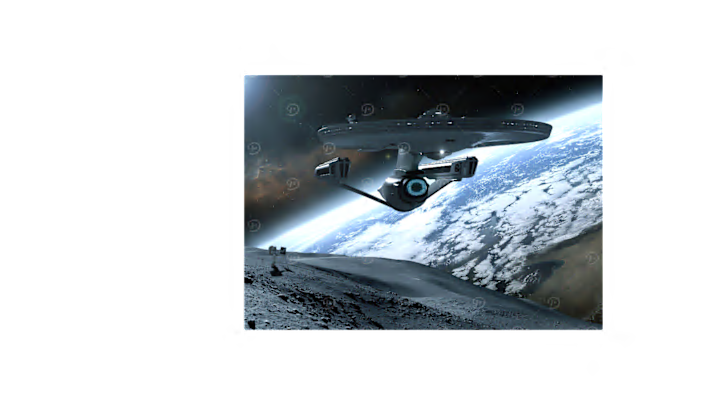During the original airing of Star Trek, several episodes revolved around the concept of paradise and how the crew and other characters reacted to the idea of a perfect, unchanging environment that promised everlasting peace. However, each of these came with a price, and the ultimate rejection of each touches on several facets of human nature that eventually overcome the desire for life in paradise.
The courage to accept and adjust to change
Change is inevitable for most living things, and few species have a greater awareness of change than humans. In “This Side of Paradise” (S01E24), the crew of the Enterprise finds a group of settlers on Omicron Ceti III alive and well despite the Berthold rays that constantly bombard the planet. It seems like a place of unchanging beauty where the residents do not experience illness or negative emotions. When Kirk discovers that the pollen of a native plant is responsible for how the settlers act, they purge it using strong emotions.
Once the settlers return to normal, their leader, Elias Sandoval, says, “We’ve done nothing here.” He grieves over the lack of change and passion he and his group had when they first arrived on the planet, and must now accept the changes the Kirk brought, despite the peace Omicron Ceti III offered them.
An unchanging paradise versus free will
In “The Apple” (S02E05), Kirk and the crew come upon a planet that seems like pure paradise at first glance—flowers and trees bloom in abundance, and Chekov compares it to Eden, which was “just outside Moscow.” While beauty abounds, the people of the planet exist only to feed and serve Vaal, a machine that, according to the villagers, cares for them in return for their service.
The conditions infuriate McCoy, who says, “Human beings, living so they can service a machine [ . . . ] this isn’t life, it’s stagnation!” Kirk eventually agrees once Vaal starts to attack them and directs the People of Vaal to murder the crew. In turn, Kirk uses the Enterprise’s weapons to destroy Vaal, which frees those who serve him. While the question of whether this was the correct action to take remains debatable, Kirk and McCoy would rather see the People of Vaal change and grow organically, as a race.
The paradise ideal versus reality
“The Way To Eden” (S03E20) contains a twist, as the concept of Eden as a place rejects and harms those who seek it out. Dr. Severin and his group believe they can live in Eden and turn their backs on technology, even though he carries a virus that would destroy any living beings there. When they reach the planet and discover the highly acidic and poisonous nature of the plant life there makes it uninhabitable, Dr. Severin deliberately eats a piece of deadly fruit and dies almost instantly. It is not the Eden they sought out, and Spock tells Chekov’s former flame, Irina, that he hopes she and the group's surviving members find, or make, their own paradise.
Can you think of any other instances where the Enterprise crew faced the idea of an Eden? Drop us a comment on our Facebook page—hailing frequencies are open!
